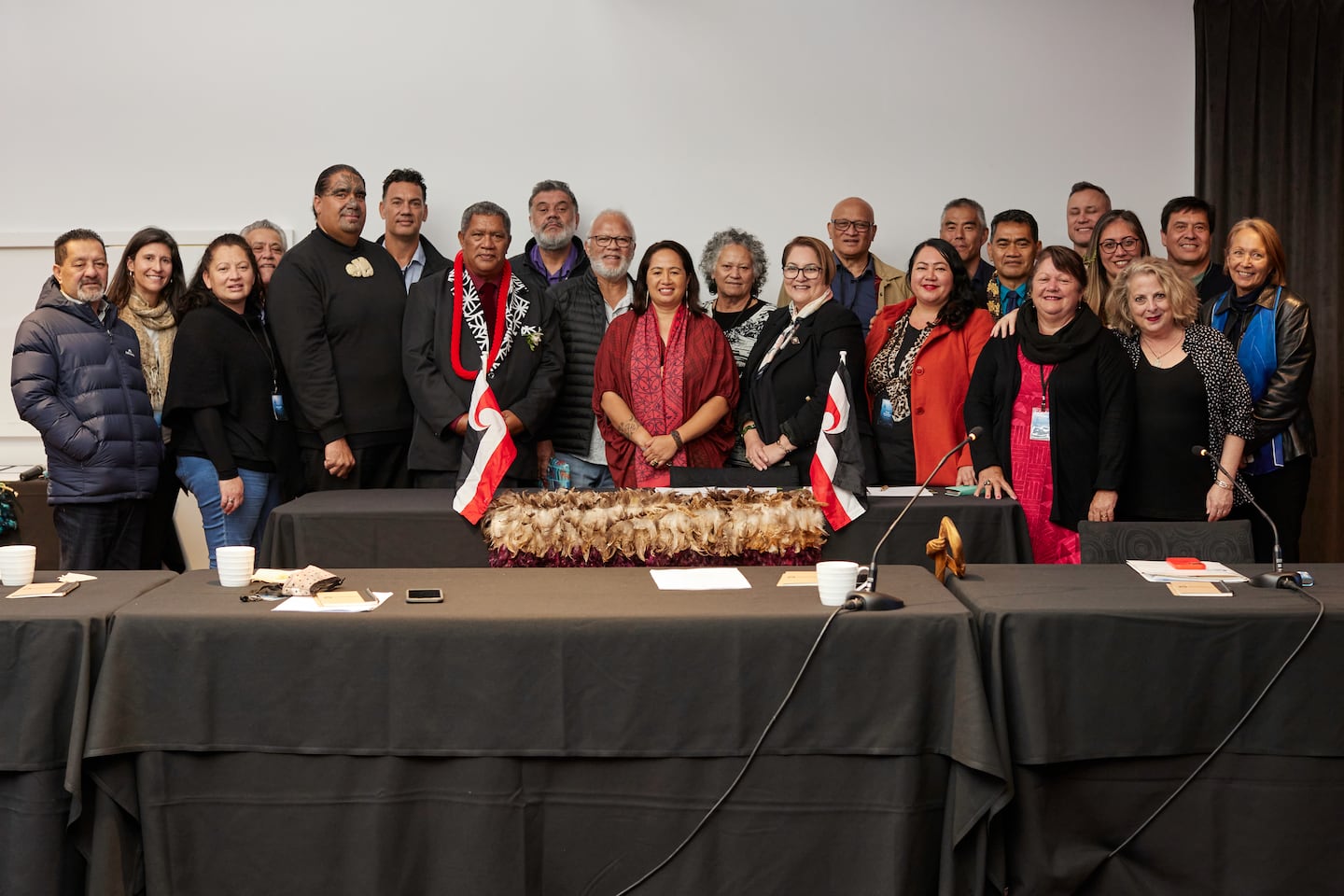King Tūheitia, together with other leaders of Aotearoa and the Pacific, have supported a resolution for the adoption of the whale as ocean ambassador to the United Nations.
This resolution aims to garner support for a global agreement that protects the legal personhood of whales in international waters.
Dr Ralph Chami of Blue Green Future, a prominent figure working alongside Indigenous founders of the Hinemoana Halo Ocean Initiative, presented the proposal to the UN. This initiative also seeks to implement indigenous customary protections across whale migration routes, ensuring the preservation of critical feeding and breeding grounds.
Lisa Tumahai (Ngāi Tahu), one of the leaders supporting the resolution, expressed the significance of this collective effort by Māori tribes. “For the first time, our tribes have formed a collective to work to implement Indigenous customary protections across whale migration routes between critical feeding and breeding grounds,” she said.
The Hinemoana Halo Ocean Fund (H20 Fund), co-chaired by Tumahai, plays a crucial role in this endeavour. The fund aims to raise $100 million through a blue bond for indigenous-led blue habitat restoration and trophic rewilding projects. This ambitious plan seeks to recover and protect whale populations across the Pacific Rim, with the fund serving as the Pacific’s first Indigenous Peoples and Local Communities (IPLC)-led climate finance mechanism.
The work of Blue Green Future’s Chami and the Indigenous tribes in Aotearoa and the Pacific aligns with the growing scientific recognition of whales’ vital role in addressing climate change and ocean biodiversity loss.
Acknowledging the tohorā
Conservation International Aotearoa vice-president Mere Takoko emphasised the importance of Chami’s collaboration with Indigenous tribes, stating, “Dr Chami’s work with our Indigenous tribes in Aotearoa and the Pacific adds to the growing scientific acknowledgment of the role that our relations, the tohorā (whales), play in addressing the twin challenges of climate change and ocean biodiversity loss.”
H20 Fund co-chair Aperahama Edwards (Ngāti Wai) expressed his tribe’s commitment to restoring the authority of Indigenous tribes over their oceans to support this global effort. “It is important that indigenous peoples from across the Pacific come together to rewild our oceans and restore blue habitats to help stabilise our communities on their lands and create long-term climate resilience,” he said.
Indigenous representatives have pledged to collaborate in establishing the world’s largest Indigenous marine protected area network, covering an expansive 2,200,000 km² area through the Hinemoana Halo Ocean Initiative.
This network will operate under a customary protection framework, channelling more resources into whale conservation and implementing seasonal protections along whale migratory routes or “blue” corridors. The comprehensive plan for this initiative will be unveiled at the 2024 UN Ocean’s Decade Conference in Barcelona, Spain.
The Māori leaders’ resolution to adopt the whale as the ocean ambassador and seek global support for protecting the legal personhood of whales in international waters marks a significant step towards safeguarding these majestic creatures and preserving the health of oceans.
As the international community gathers at the United Nations General Assembly, the hope is this resolution will garner widespread support and pave the way for a global agreement that recognises the intrinsic value and rights of whales in shared waters.


